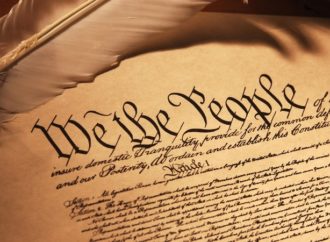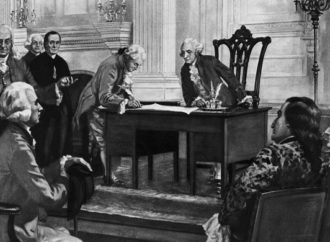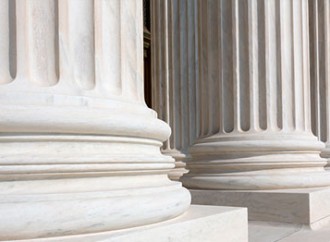2024 Property Tax Reform: The Choices Before Colorado Voters
- July 26, 2024

. . . [A]ctivities over which the Constitution granted the federal government little or no jurisdiction [included] social services . . . education, religion, real estate, local businesses, most roads and other infrastructure, nearly all criminal law matters, and most civil court cases.
READ MORE
This new article presents even more evidence on how the federal government was supposed to be limited.
READ MORE
Article V of the Constitution states that “The Congress . . . on Applications of the Legislatures of two thirds of the several States, shall call a Convention for proposing Amendments.”
READ MORENote: An earlier version of this article appeared in The American Thinker. Some advocates of a convention for proposing amendments are endangering the Article V movement by claiming the states can use the Tenth Amendment to control the convention process. They are doing so even though the judiciary, including the U.S. Supreme Court, has held
READ MOREMost of the “prestige” law journals have shown no interest in publishing my articles, including those that later turned out to be influential. This is not surprising, since year after year those journals remain firmly in the hands of the legal Left. But the prestige journals have shown considerable interest in publishing articles that cite
READ MOREThis column also appears at CNSNews. The Constitution enumerates the powers of the federal government. But has anyone listed the exclusive powers of states—the realm the federal government may not invade without violating the Constitution? When discussing state authority, the Founders usually pointed out only that the federal government’s powers were, as Madison said, “few
READ MORE